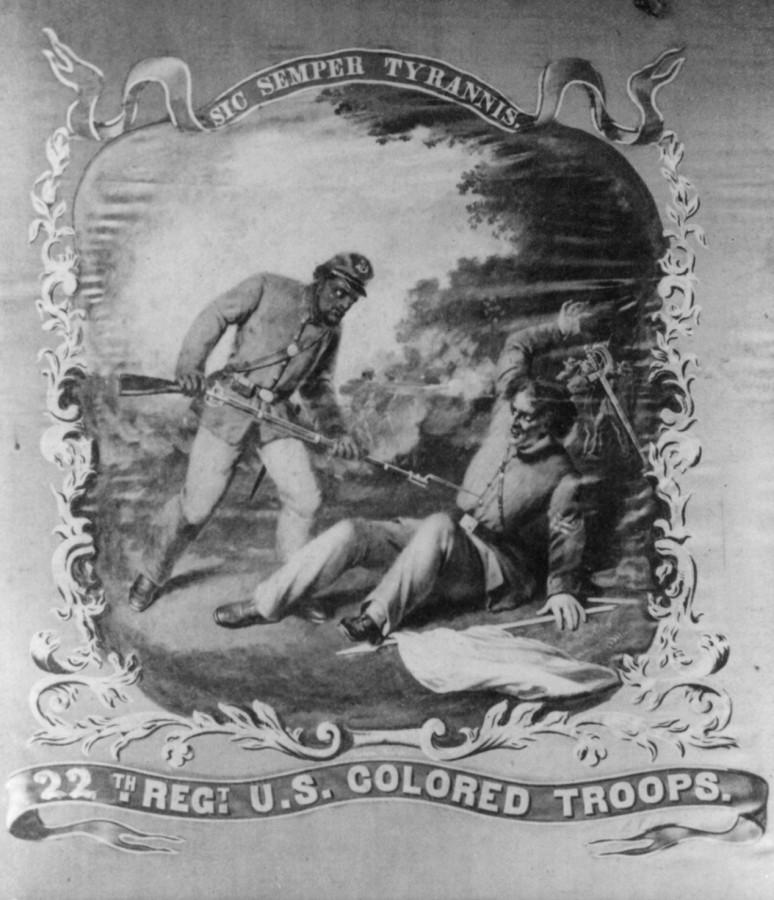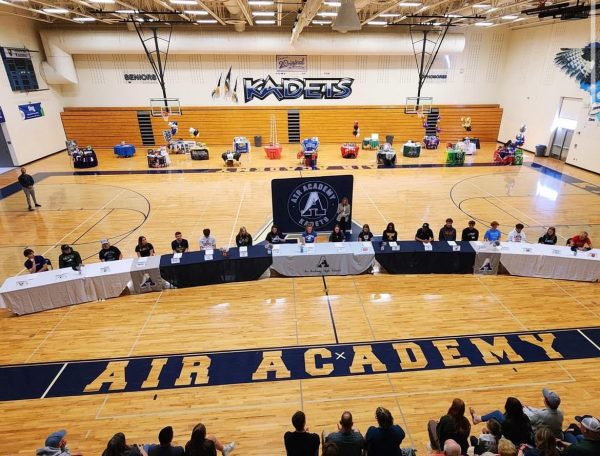The Best That It’s Ever Been
If you’ve turned on the news at any point in your life, you’ve heard some political commentator bloviating that race relations are “worse than they’ve ever been.” In the midst of the Ferguson dilemma, the Black Lives Matter campaign, and the surmounting tension between law-enforcement and their minority counterparts, it’s easy to assume that the relationship between white-authority figures and black citizens is stretched thinner than ever before. Yet the truth of the matter is that although the union between either group is far from perfect, it is among the best that the United States has seen in its tumultuous existence.
Comments that today’s realities are the most stressful and least cohesive within the nation’s diverse population completely negate historical progress. Slavery did exist. Rich, white-men owned African males and subjected them to a life filled with fruitless work. That was the absolute lowest point in America’s racial past; but the people conquered it through cooperation and education. Slowly, yet surely, the balance of liberty has been tipping towards equality for both parties involved. There wasn’t a moment when we regressed to the depths of that atrocity. Instead, we have taken countless steps away from it.
To put things into perspective, Barack Obama wouldn’t have been able to vote 141 years before his inauguration as President of the United States. Individuals that now share the same rights as all Americans overcame a timeline riddled with political and physical abuse from the hands of figures in authority. A little over half a century ago, George Wallace used his own body as a physical barrier between African-American students and the public education to which they were entitled. Around the same time, black protesters were hosed down by Birmingham Police on national television. Nevertheless, there still remains a reappearing voice that “things are worse than ever”.
Now, to be clear, the situation is far from ideal as shown through the continuous protests, riots, and rallies of African-American activists that have been broadcasted nation-wide. There is obviously stress today, but to say that it’s anything new is historically inaccurate.
The Civil War, although chiefly waged along the lines of state rights, was fueled by a disagreement on the subject of property. Particularly whether or not a black human being could be considered among the ranks of livestock. Northern blacks were engaging in open combat against white men in the pursuit of unifying and liberating a nation. African-American soldiers were not captured by the Confederates, they were killed. Violence over the basis of race was now condoned on the bloody battlefields of the United States, and neither side was flinching.
Today, there is no legislation in place that places bias on hiring, on the ability to vote, or on an individual’s ability to serve in government. The road to liberation was pathed by the sweat and blood of leaders who stood up for the equal rights of all men, inherently, under the law. The concrete law of the land doesn’t allow discrimination, in fact, it’s been molded to allow those under the hand of prejudice to fight against it. The practice of modern day race-relations doesn’t always follow those guidelines, but it’s done a far better job than those of our past.









Jetstream Commenter • Oct 26, 2015 at 10:48 am
The way the media portrays it, it seems as if there is an all-out race war. Thank you for speaking the absolute truth. God Bless America.